“Big Shot” owns its cliches, like when Korn has them practice by using invisible basketballs, and even if it wants to take on PC culture as a weak starting point. Take episode one, which starts with some eyeroll-inducing button-pushing, making an obvious clash between old and new school sensibilities, and toxic masculinity vs. PC culture. When Marvyn Korn first rolls into the gym, he fat shames player Destiny (Tiana Le), triggers Olive (Monique Green) by blowing loudly on a whistle, and in general makes a circus out of these generational tensions. “You’re used to being coddled, now get un-used to it,” he declares to them, starting a war that he quickly loses. He’s soon given a shot of reality, in part from his assistant coach Holly (Jessalyn Gilsig), who also has some personal drama off the court, including a failed marriage (and yet that didn’t make her a crystallized jerk like Korn). She reminds him that he’s coaching a team of “future CEOs,” and knows that deep down he’s scared.
But the series moves from that tension by episode one, charting a course in ways that Korn can embrace the meaningful sensitivity of his peers, while still being a strict and effective basketball coach. “Big Shot” is more about getting on the same page than it is in battling each other, and that focus on fostering those relationships, between coach and player, and later father and daughter, becomes a special comfort among the show’s many familiar mechanics. And in side-stepping the PC battle, the quaint series shows that it doesn’t need overt conflict to be charming.
It’s kind of funny that its biggest star, Stamos, is also the show’s weakest selling point. He doesn’t bring enough edge to such a cliche character that we learn has a history of aggression and equally severe issues with his estranged father. At the same point, his softer moments of bonding with his conflicted players, which the script seems to embrace with more convenience, make him feel even more mushy. Stamos doesn’t play the character like there’s a complex moral compass to him, instead he zig-zags from soft and tough-love moments that are often complemented with his constipated reaction shots (you won’t be able to unsee it). Korn is meant to be a man of power, even as he acquiesces to the more loving atmosphere of his workplace, and yet Stamos struggles to give him a certain depth for much of the three episodes.
You can view the original article HERE.


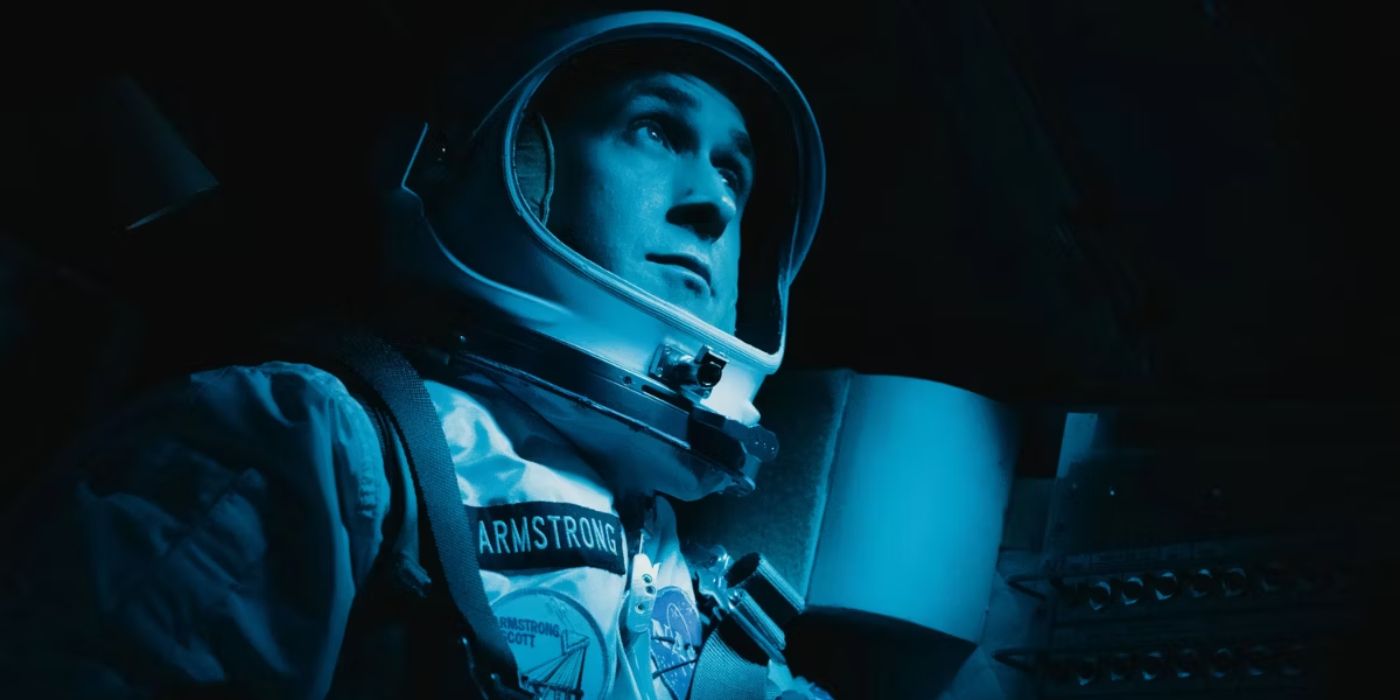
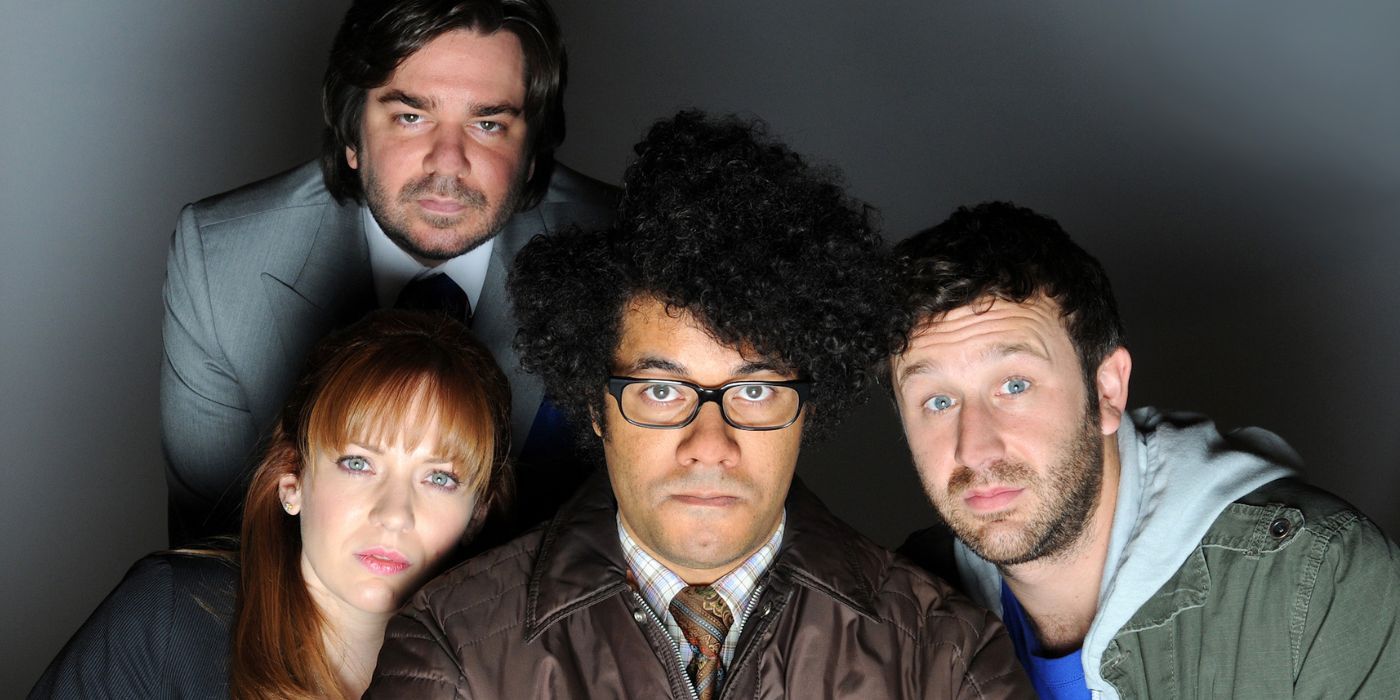


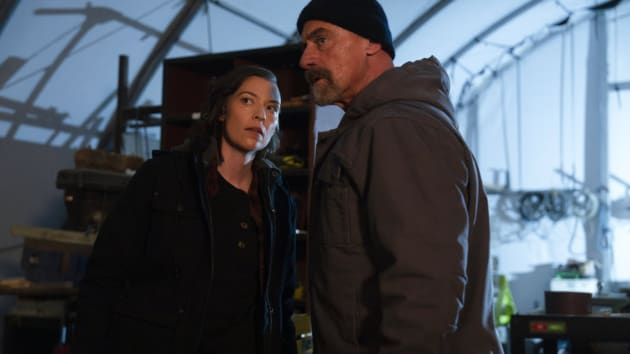

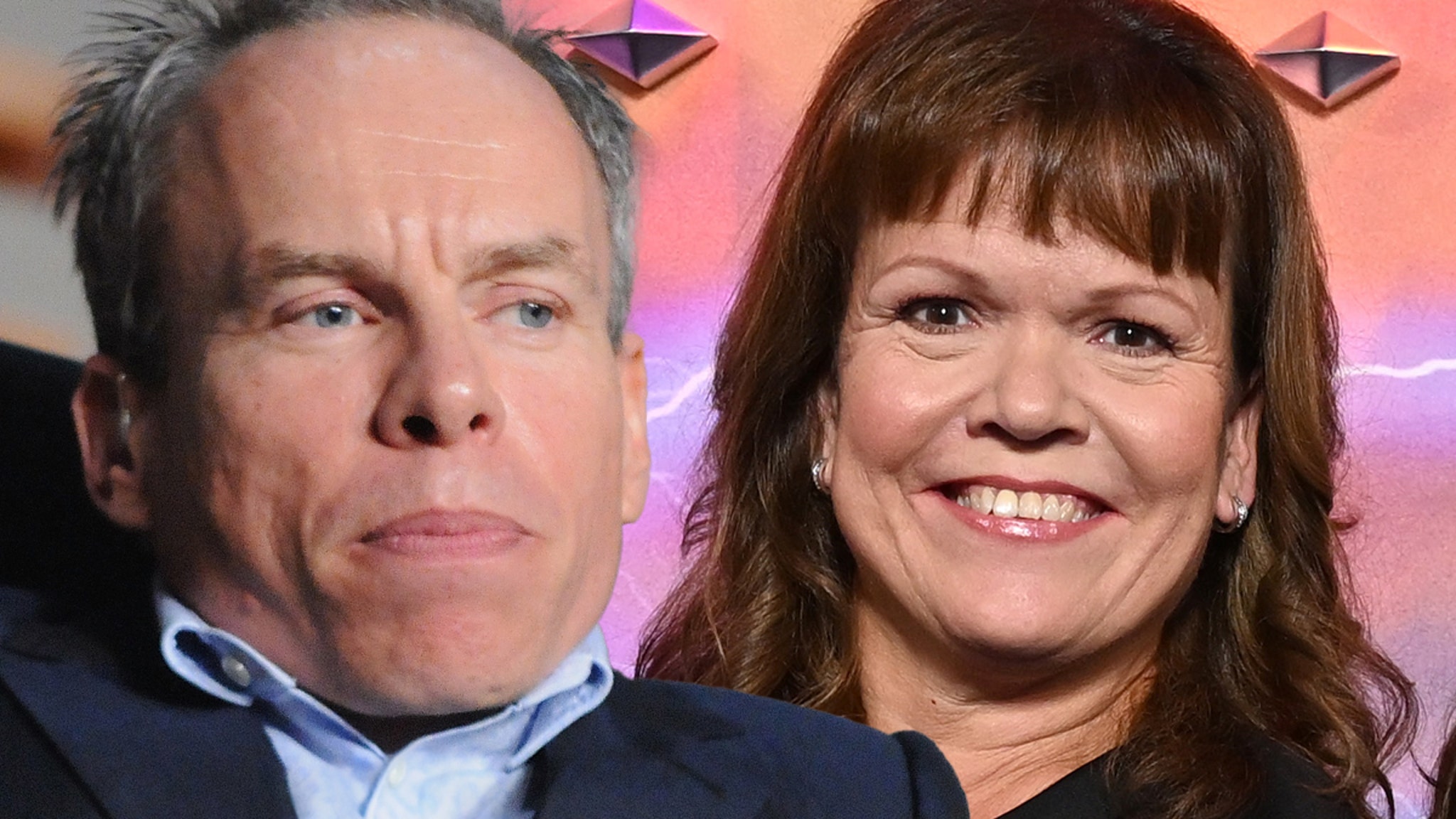
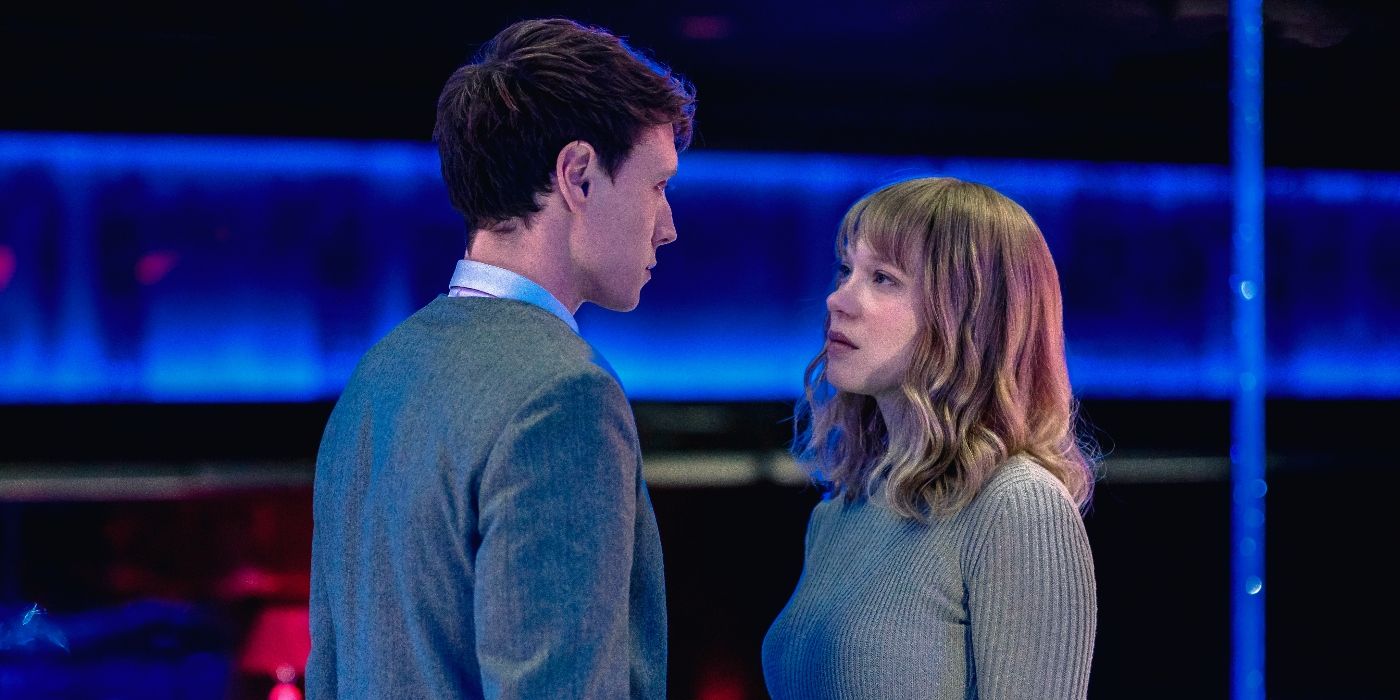
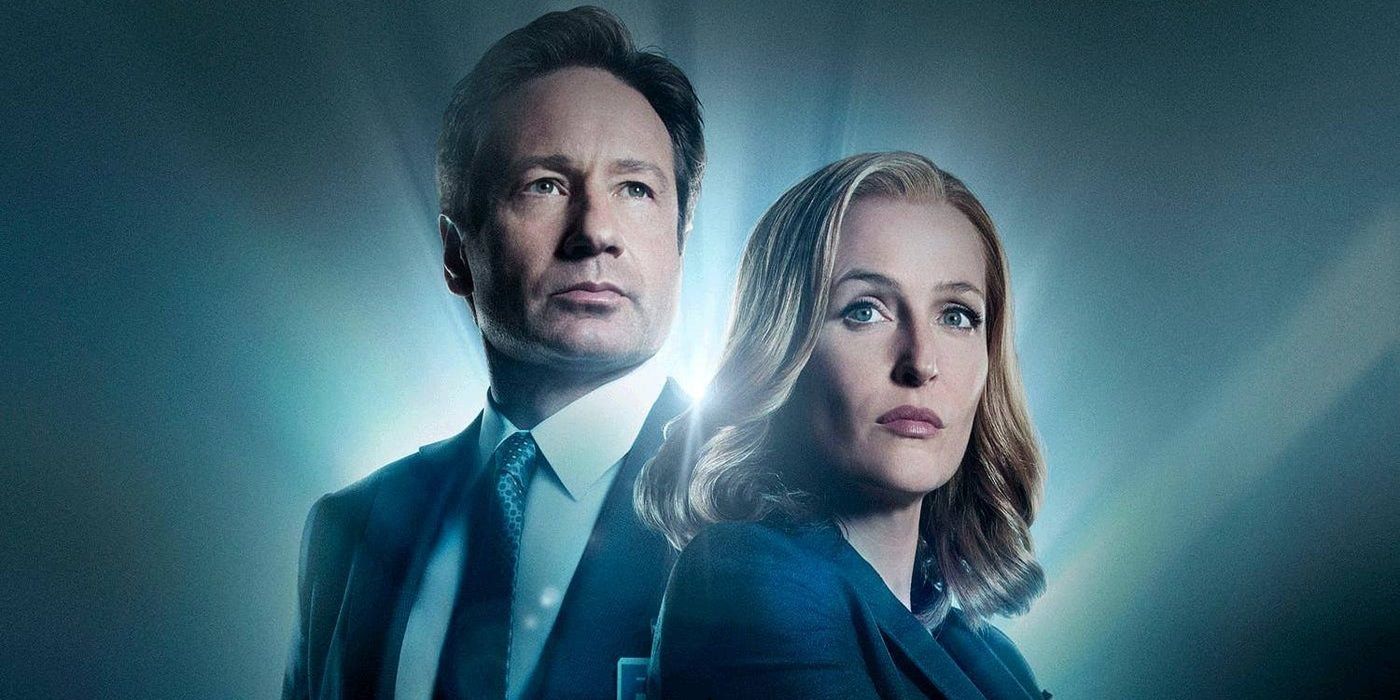

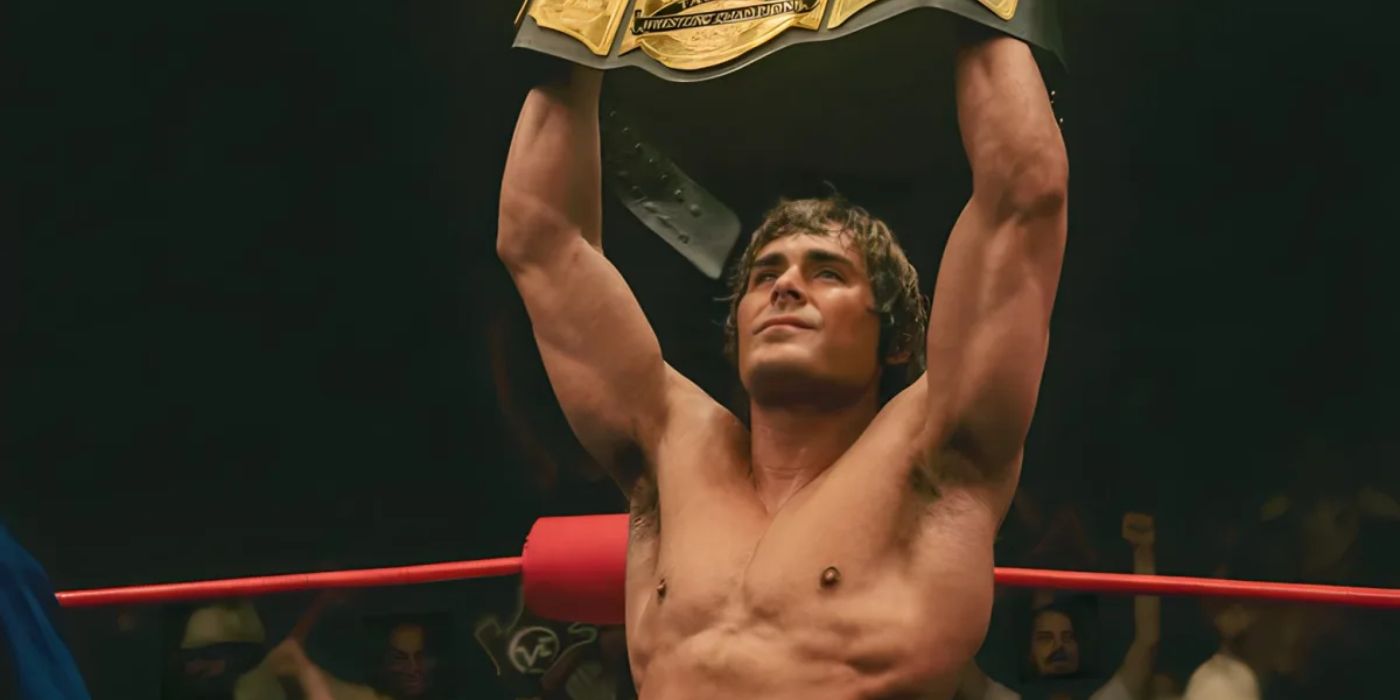

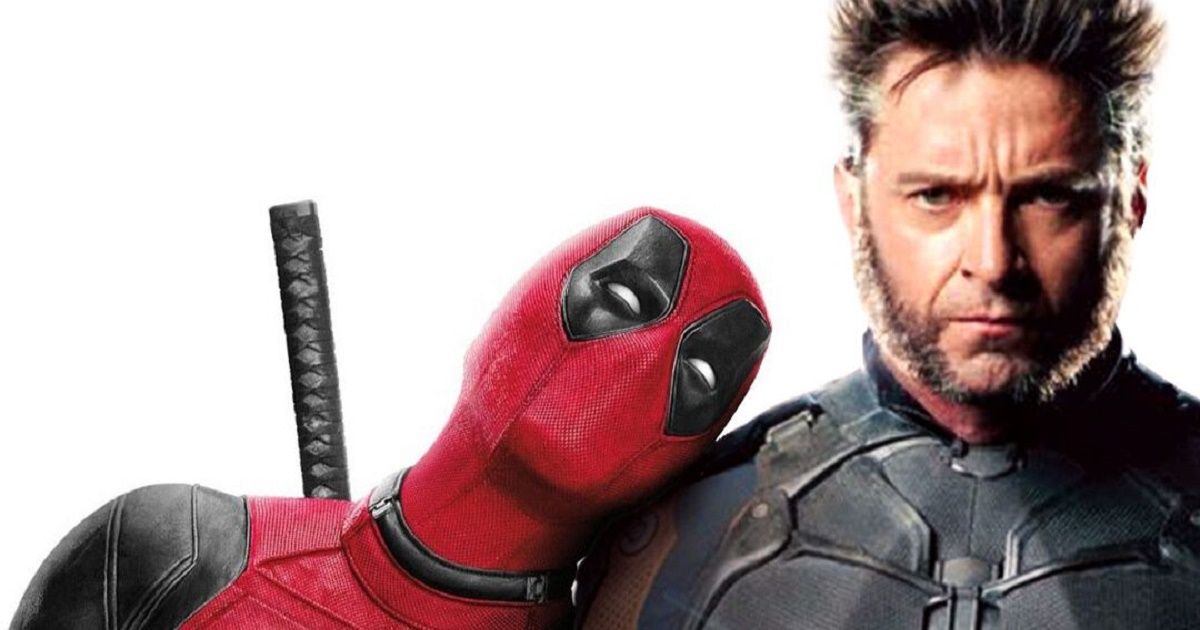
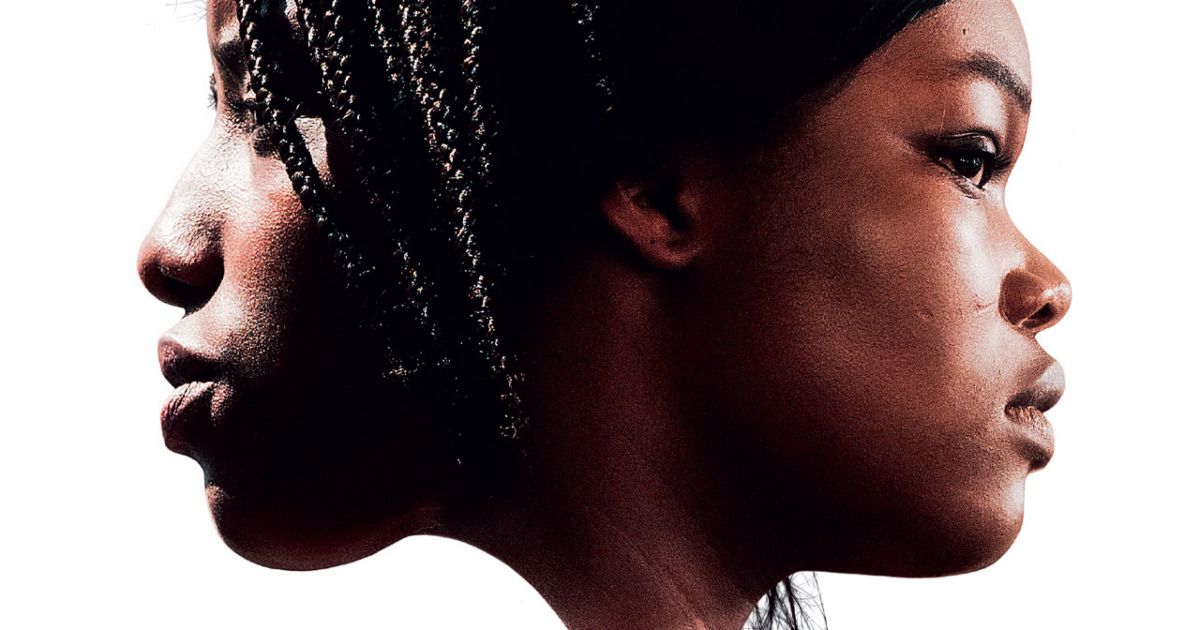






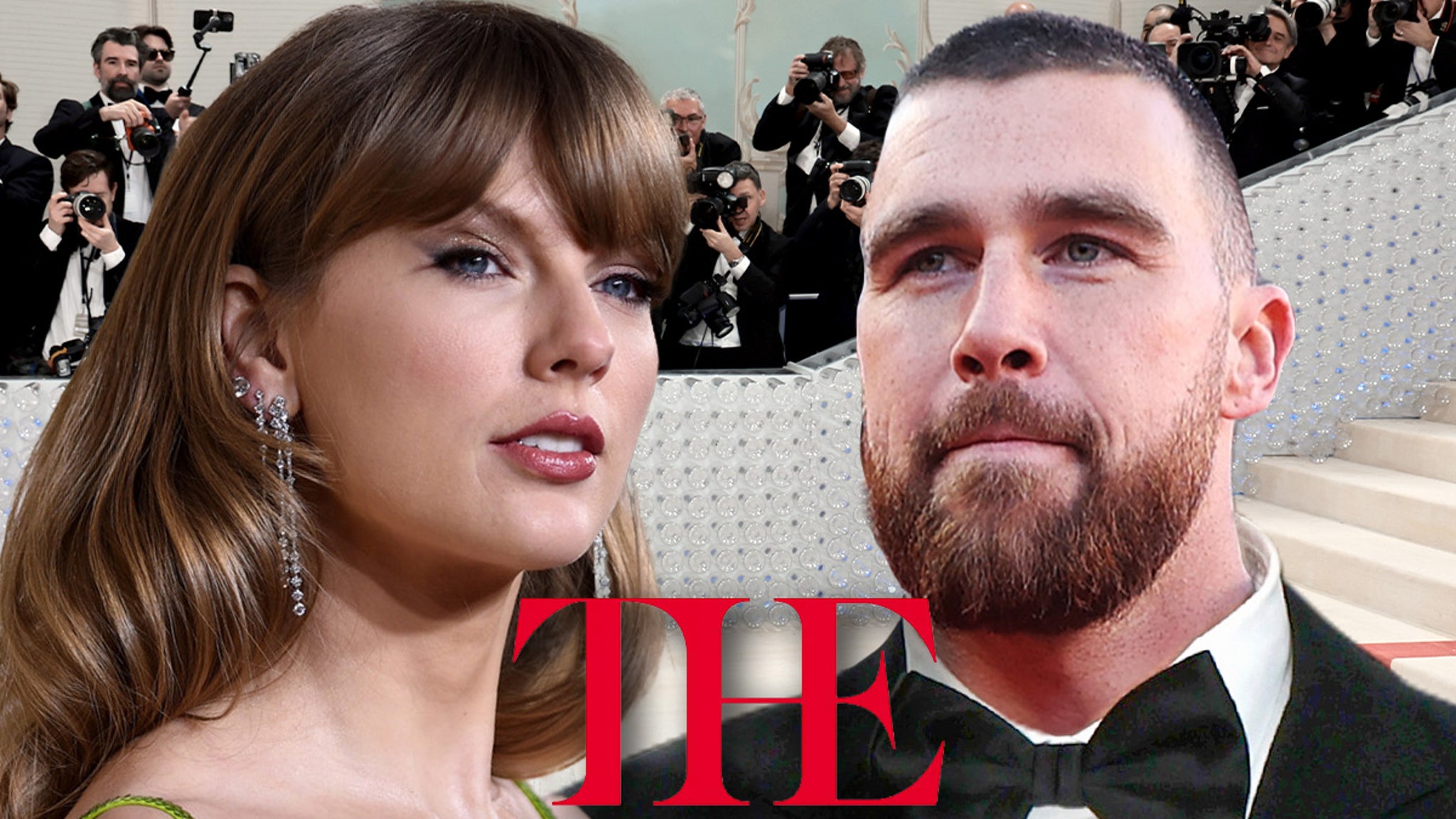
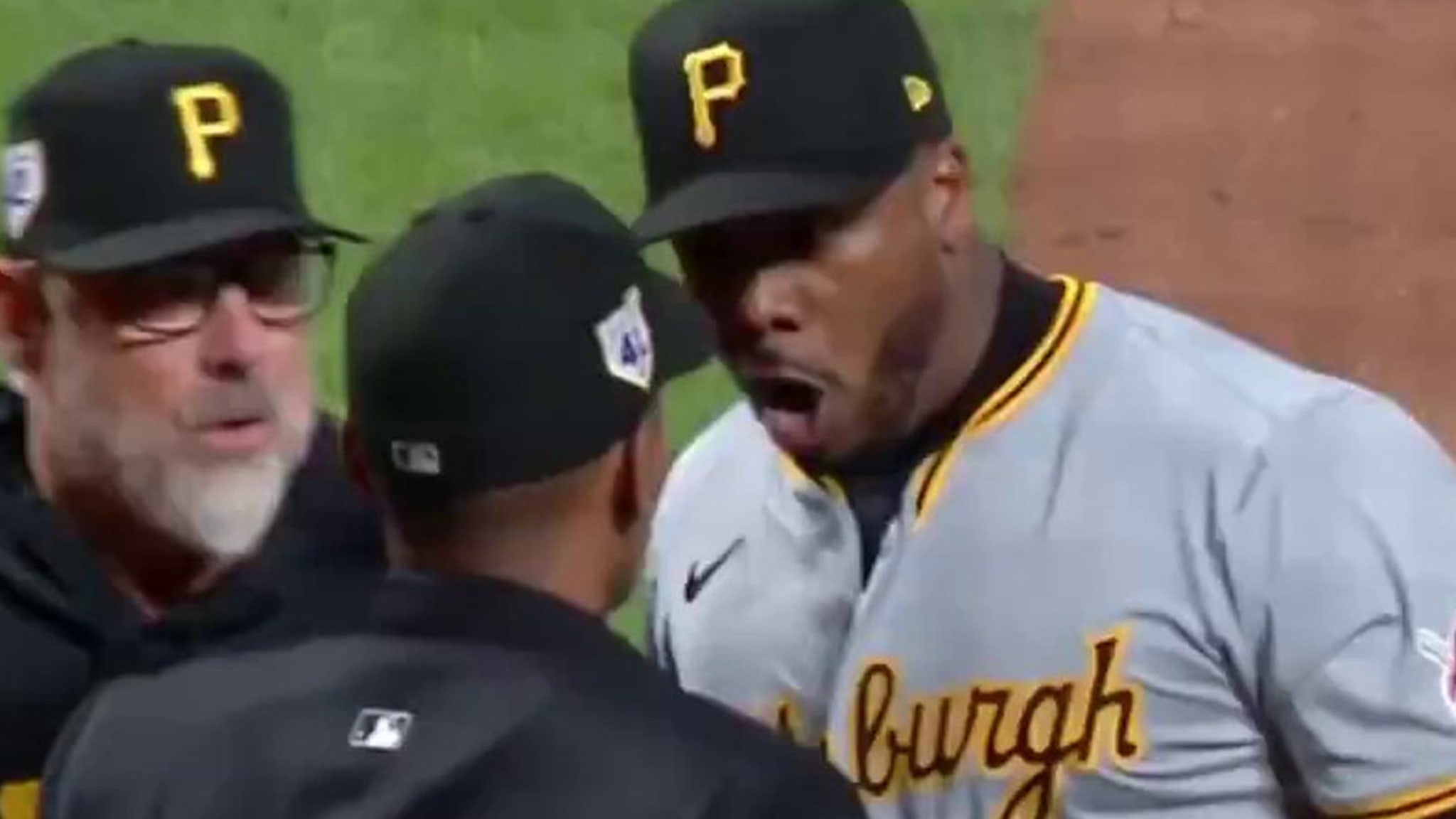
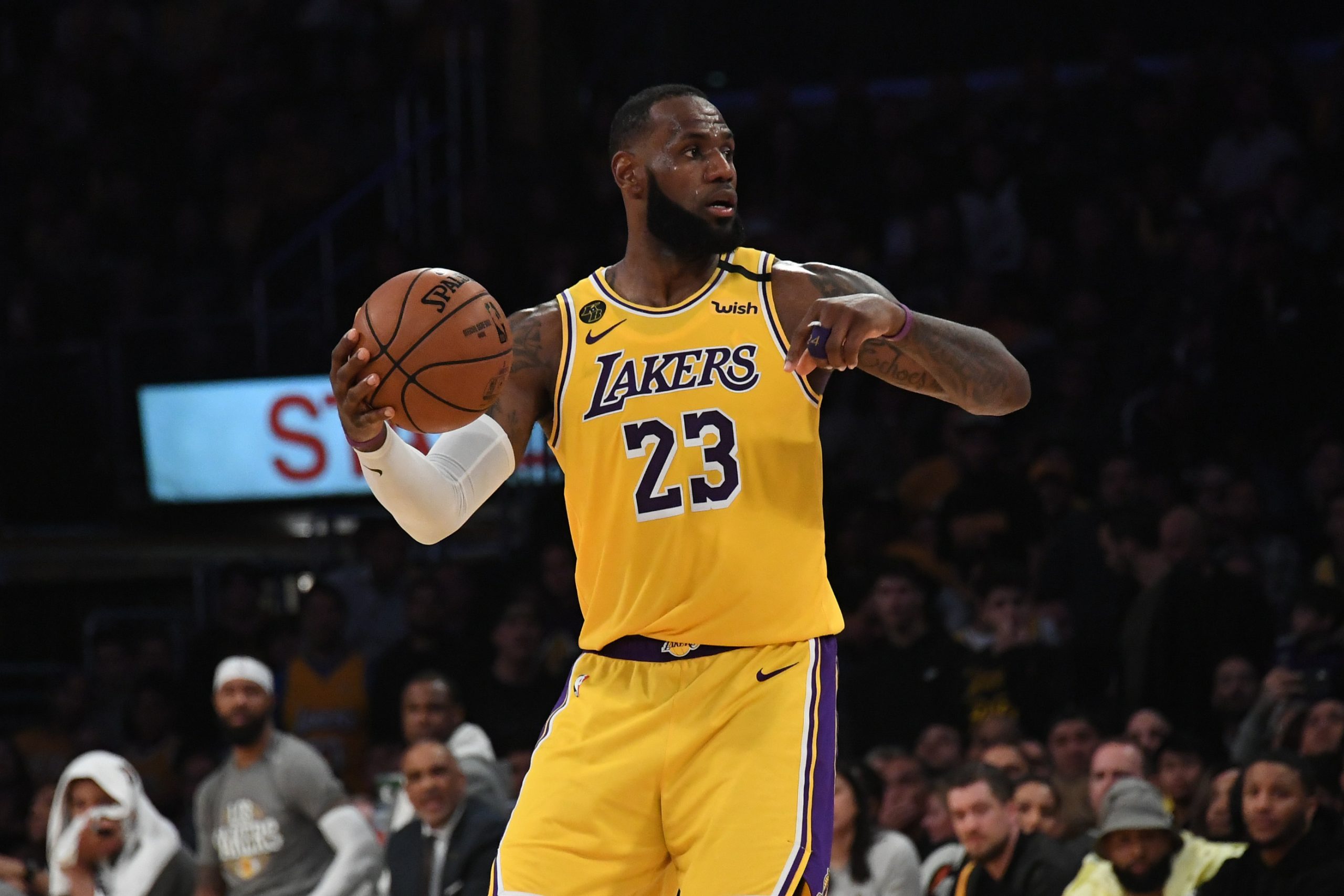
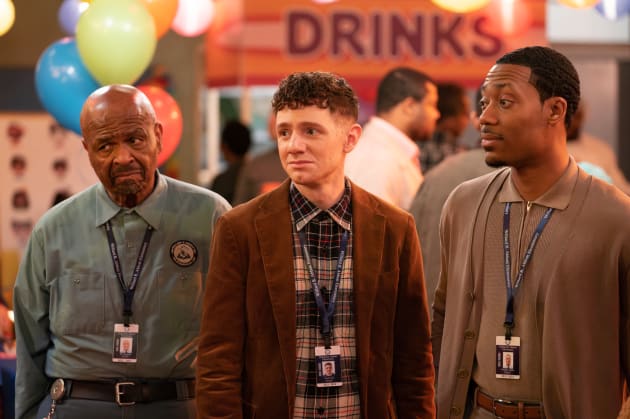
:quality(85):upscale()/2024/04/19/804/n/1922564/4d7e6f236622b55e77c414.64981311_.jpg)

:quality(85):upscale()/2024/04/17/850/n/1922564/beb2b9e3662021fd3d3e45.26287469_.jpg)
